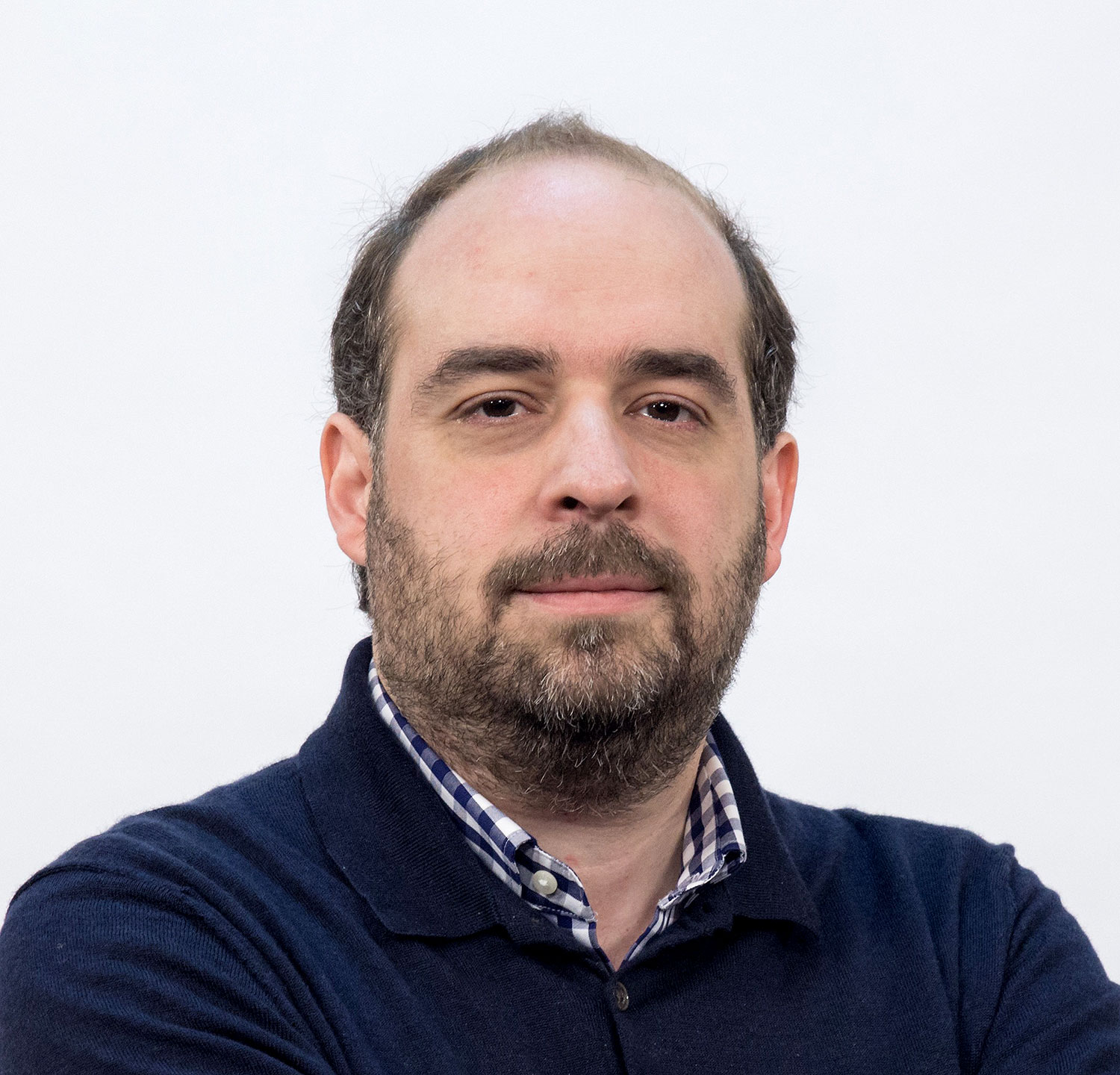Nuno Fonseca
Listening to Temporal Disturbances
Free admission, limited to the room’s capacity
25.10 — Saturday
15:00
Museu Nogueira da Silva
Lecture

Music takes sound as its fundamental material — “sound in itself.” It shapes it with form, pulse, and rules to occupy a defined temporal span. Yet the essence of music resides in the sound itself, its primal source. Especially from the 20th century onwards, new artistic forms have emerged that treat sound — both auditory perception and sonic experience — as both starting point and destination. This represents an ontological shift: rather than treating sound merely as a vehicle for language or traditional tonal music, it is now valued as an autonomous phenomenon, with its own existence, texture, materiality, and presence in space and time.
The ontology of sound assumes that listening is more than simply hearing — it is a mode of being in the world, a sensitive form of perception that merges subject and object into a single aesthetic experience, freed from conventional narrative, representational, or musical functions. Within this framework, a new aesthetics of attention emerges, where sound is understood as an event and listening as a critical practice. Contemporary sound art of this kind invites us not only to listen, but to think with our ears — to rediscover the world through its most intimate vibrations.
Commissioned under New Perspectives for Action – a project by Re-Imagine Europe, co-funded by the European Union
Nuno Fonseca is an associate researcher at the Nova Institute of Philosophy (Ifilnova), where he coordinated the Aesthetics and Philosophy of Art research group between 2019 and 2025, and at the Centre for Studies in Music (CESEM), where he is a member of the Contemporary Music research group. His research focuses on aesthetic concepts and values, particularly within the context of everyday urban experience, as well as the ontological, epistemological, and cultural aspects of sound experience, especially in relation to what is now called “sound arts”. Since the 1990s, he has experimented with the medium of sound, namely by making radio programmes for RUC and, more recently, Antena 2 (Cóclea - O Labirinto da Escuta, 2022). He has also contributed to sound design for theatre and performance works.

